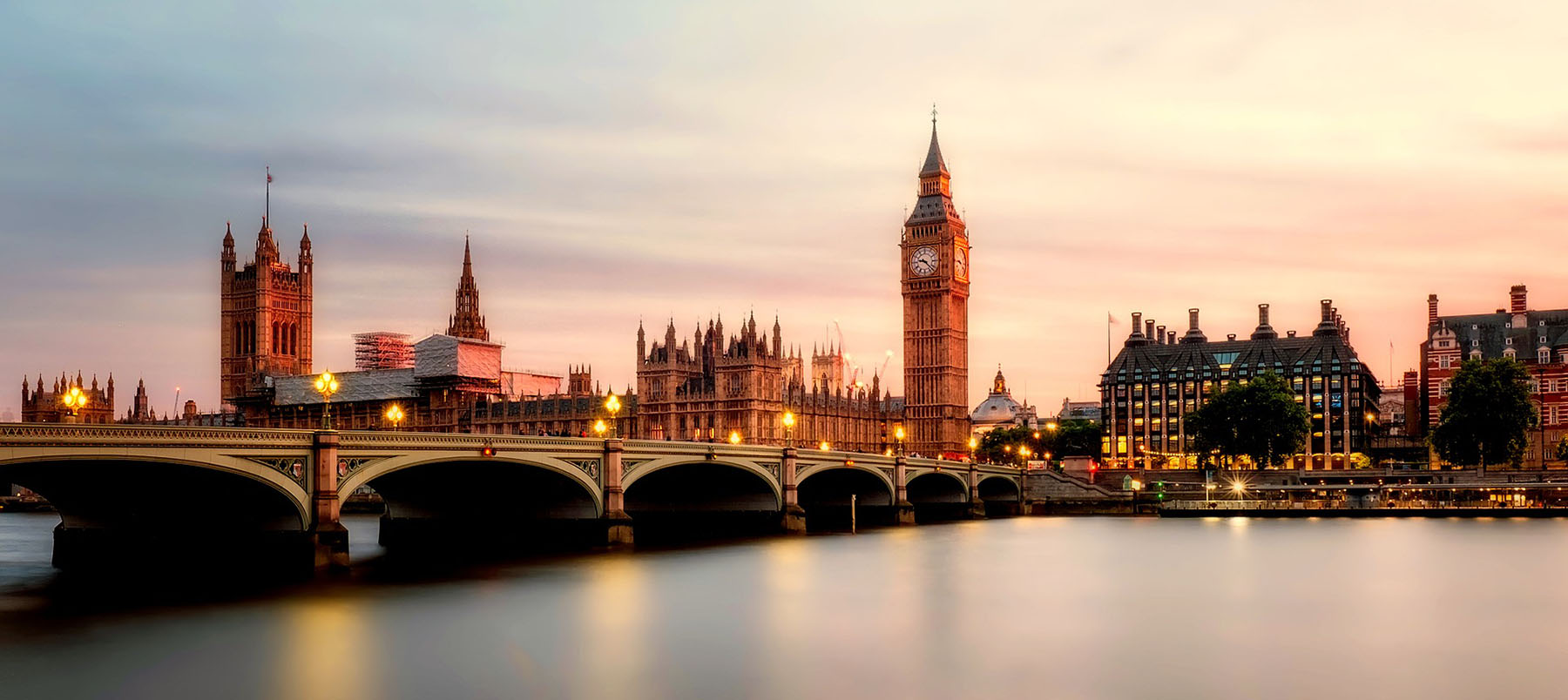
On the 11th January, the University of Winchester’s Centre for English Identity & Politics (CEIP) and Centre for Parliament and Public Law (CPPL) joined forces for a day-long seminar at Winchester Cathedral to consider how an English Parliament, if it was ever thought desirable, could come to fruition. The following is a summary of the discussion that took place, written jointly by Professor John Denham, Director of the CEIP, and Dr Craig Prescott, Director of the CPPL.
Brexit is placing the UK’s unwritten constitution under extraordinary pressure, with concerns over the Irish boarder threatening the international treaties that underpin relations on the island of Ireland, and both Scotland and Wales resenting the way the UK government has centralised the Brexit negotiations. However, it was the English that underpinned the vote in favour of Brexit.
Since being left out of devolution settlement introduced in 1998, there has been a new focus on how England should be governed. For 20 years, most English residents have said that laws only affecting England should only be made by English MPs. Recent polling shows significant support for both an English Parliament and radical devolution within England. So far, the response to this is limited. At Westminster, English Votes for English Laws allows English MPs to veto any legislation that only affects England, but gives English MPs no right to initiate legislation. Local government has seen the introduction of a patchwork of city regions, mayors and combined authorities.
The present structure of devolution raises many anomalies. For example, areas such as health and education are devolved to Scotland, Wales and Northern Ireland, which means that in those areas the UK government operate as an English government by default. However, the media rarely mentions when a policy proposal of the UK government will only apply to England. Similarly, when dealing with powers returning to the UK as a result of Brexit, the devolved governments have to negotiate with the UK government who are also acting for England. This means that, to Scottish, Welsh and Northern Irish eyes, the centre may not be impartial, while English eyes see, at best, limited representation at these negotiations.
In turn, this has meant that the governance of England is becoming a live issue. The referendum result highlighted stark political and economic differences within England, with the largest cities, and some university towns, voting to remain, and the rest generally voting to leave. Many independent studies have argued that the economy will not grow in all parts of England unless power is moved out of Whitehall. The unfair distribution of public finance between the different nations of the UK, and the regions of England, is also fuelling demands for change. Questions of the governance of England also raise questions about the future of the Union.
One possible answer is an English Parliament within a reformed Union. A recent report from the Constitution Unit set out practical options and choices for an English Parliament. But delivering such fundamental constitutional change can be difficult, controversial and time-consuming.
The following issues need would need to be addressed:
Resolving these questions would be challenging. Who should decide and how might the people be engaged? Proposals include citizens assemblies or constitutional conventions, which were used with success in Ireland, Canada and New Zealand. However, they remain relatively untested in a nation the size of England or the UK. One possibility is to hold assemblies at a regional level before feeding into a final assembly held at the national level.
Currently, the biggest problem is one of demand. Any process needs political “buy-in” from the government, which in turn is only going to arise if there is the demand for an English Parliament in the first place. For this to happen, those who identify strongly as English - and already support a Parliament - need to make their voices known more strongly. Secondly, the idea must be made more attractive to English residents who see themselves as mainly British. This group are likely to be more attracted to the idea that a more democratic England would be better run, rather than to calls for a parliament for the English people.
Indeed, an argument likely to appeal to those reluctant to the idea is that an English Parliament is required to solidify the Union of the UK as four nations choosing to work together in their mutual interest. A proposal of this nature has been made by Lord Lisvane, the former Clerk of the House of Commons for the Constitutional Reform Group, who has introduced a new Act of Union into the House of Lords for debate, which provides for an English Parliament.
None of these factors guarantees that an English Parliament will emerge. But they all make a serious constitutional debate more likely, giving the supporters of a Parliament the best opportunity to win support for their case.
Those speaking at the event were: Prof Dan Wincott (Cardiff), Stuart White (Oxford), John Stanton (City), Sir Paul Silk (Constitutional Reform Group), Jack Sheldon (Constitution Unit, Cambridge), Mark Sandford (House of Commons Library), Craig Prescott (Winchester), Prof Mike Kenny (Cambridge), Arianna Giovannini (de Montfort), Jessica Garland (Electoral Reform Society), Prof John Denham (Winchester) Scilla Cullen (Campaign for an English Parliament), Prof Colin Copus (de Montfort), Elin Weston (King’s College London).
None should be taken to support an English Parliament.
Press Office | +44 (0) 1962 827678 | press@winchester.ac.uk | www.twitter.com/_UoWNews
Back to media centre